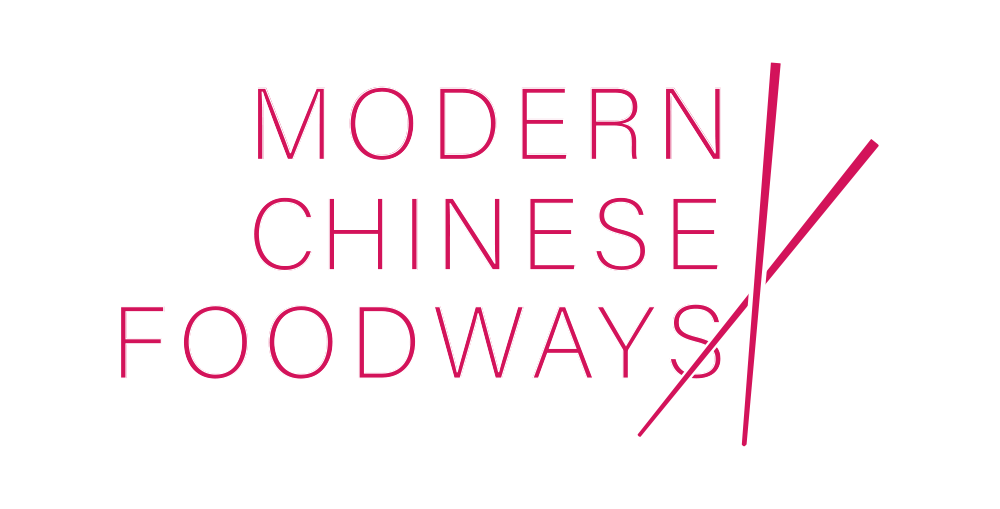ABSTRACT
In the Republican period (1912-1949), modernizers worried about what they perceived as the inadequacy of Chinese diets. Many observers saw China as the Sick Man of Asia, and believed that Chinese bodies needed to be fortified to meet the demands of the global struggle for survival. Interest in supplementing diets thus came from both individuals wanting to boost their own vigor, and reformers wanting to boost the Chinese nation’s. This paper will examine the culture of supplementation in Republican China, where new, scientific ideas about vitamins encountered older concepts of cultivating health through food (shiyang 食養). It will explore books of dietary guidance written for a general audience, advice columns published in newspapers and magazines, and advertisements for supplements. It will also analyze work published in the twentieth century’s early decades by Chinese scientists and practitioners of both Chinese and Western medicine. It will build on such work as Sherman Cochran’s Chinese Medicine Men, which explored the Republican-era rise of consumer culture through the lens of drugstores and pharmaceutical companies, Sean Hsiang-Lin Lei’s and Bridie Andrews’s discussions of how Chinese and Western medical ideas grew more defined and contrastive in this period, and of course, K.C. Chang’s edited volume Food in Chinese Culture. Chang’s groundbreaking volume focused on the quantitative, structural, symbolic, and psychological aspects of Chinese food culture. This paper takes its cue from that multifaceted exploration, but interrogates modern concepts of nutrition that were taken for granted when the volume was published in 1977.
